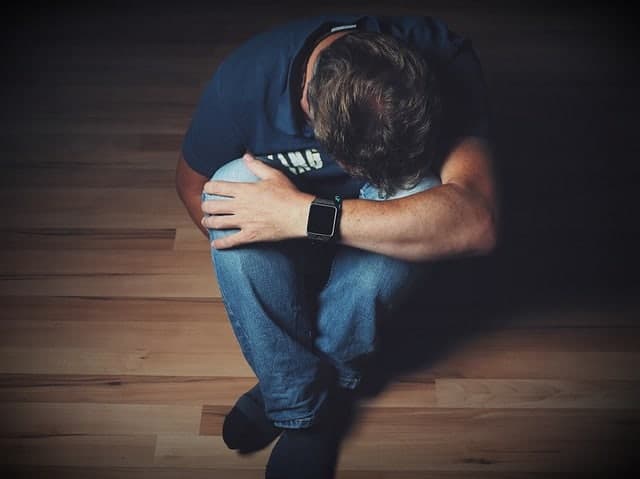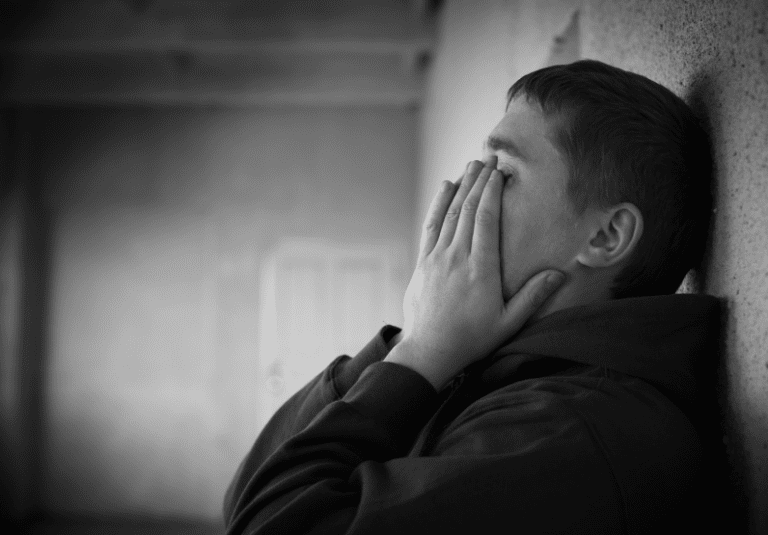Staying sober after you have recovered from a fentanyl addiction requires effective care, a sensible lifestyle plan, and an effective safety net. The opioid epidemic has devastated the United States for many years. Only in recent times are we getting better at learning how to treat opioid abuse and better assist those in recovery with relapse prevention tools.
Clients at Knoxville Recovery Center are able to benefit from a range of treatment plans and services that can help those in recovery from a fentanyl addiction remain sober. Reach out to a specialist today to learn how we can help you maintain a sober lifestyle.
Staying Sober After Recovery From Fentanyl Addiction
Fentanyl is an extremely potent opiate. This is part of the reason why fentanyl has caused a dramatic increase in addiction and overdose rates. Those who have successfully kicked the habit are at extra risk if they relapse as they may take too strong a dose and overdose.
Relapse prevention is an essential part of treatment, recovery, and sober living. 12-step programs, a sponsor, and a safety net of friends and family members make a huge difference when it comes to surviving and thriving in sober living.
Signs of Fentanyl or other Opioid Abuse
An individual with fentanyl or other opioid addiction will show at least some of the common signs and symptoms of having an addiction. Being aware of the signs that someone is struggling with opioid abuse is essential in order to intervene before the problem gets worse.
Fentanyl comes in more forms than almost any other opiate. These include:
- Injectable liquid
- Transdermal patches
- Sublingual dissolving tablets
- Nasal spray
- Lozenges
- Dissolvable strips
Long-term abuse of fentanyl is known to cause brain dysfunction. When you abuse any opioids for extended periods of time, the dopamine receptors in your brain start to malfunction and cannot operate effectively without opioids. For these reasons and more, early intervention is important when it comes to opioid abuse.
Common signs of opioid abuse use can include:
- Seeking more medication than prescribed
- Uncontrollable cravings, tolerance, and withdrawal
- Mood changes or instability
- Unusual activity
- Lies and excuses
- Withdrawing from social activity
- Increased isolation
- Abnormal sleep patterns
- Poor decision-making
Common red flags that are signs of withdrawal from opiates include:
- Restlessness
- Agitation
- Insomnia
- Sweating
- Vomiting
- Shaking
Symptoms of opioid withdrawal typically peak between 24-48 hours. The majority of these symptoms typically subside after a week. In certain instances, people experience persistent symptoms. Visibly noticeable symptoms of withdrawal suggest a moderate to severe addiction. A person who is experiencing this level of addiction is in need of professional assistance and can benefit from an addiction treatment program such as an intensive outpatient program (IOP).
Be Prepared For An Emergency In Case of Relapse
An individual going through detox is likely to have withdrawal symptoms and cravings can be intense. This is when someone is most at risk for overdose as their body no longer has the same level of tolerance to potent opiates like fentanyl.
Naloxone, often sold under the brand name Narcan, is a medication used to counter the effects of opioids. If a person is overdosing on heroin or opiates, administering naloxone can save their life. If you or someone you care about is struggling with opioid addiction, you may want to consider acquiring Narcan (naloxone) to keep on hand in case of emergency. If a person is overdosing on opioids, administering naloxone can save their life.
Common signs of opioid overdose include:
- Non-responsive
- Face is clammy to touch, has changed color
- Lips and fingertips turning blue
- Slow breathing, erratic breathing, not breathing at all
- Deep snoring or unsettling gurgling sound
- Heartbeat is very slow or has stopped
We Can Help You Stay Sober
If you or someone you love is battling with an addiction to fentanyl or other opiates, it’s important that you seek help as soon as you can. The experts at Knoxville Recovery Center know how to help treat those who are struggling with addiction in the comfort and security of our treatment center. Our medical professionals create personalized treatment plans designed to meet your particular needs.
Staying sober after recovering from addiction takes hard work and dedication. Relapse prevention techniques play an essential role in maintaining sobriety after completing a treatment program. Our mental health counselors can help clients learn healthy coping mechanisms and life skills with real-world applications that can be used to fight off the temptation to relapse when faced with high-risk triggers. Reach out to us today to speak with a specialist about how we can provide the care you deserve.











